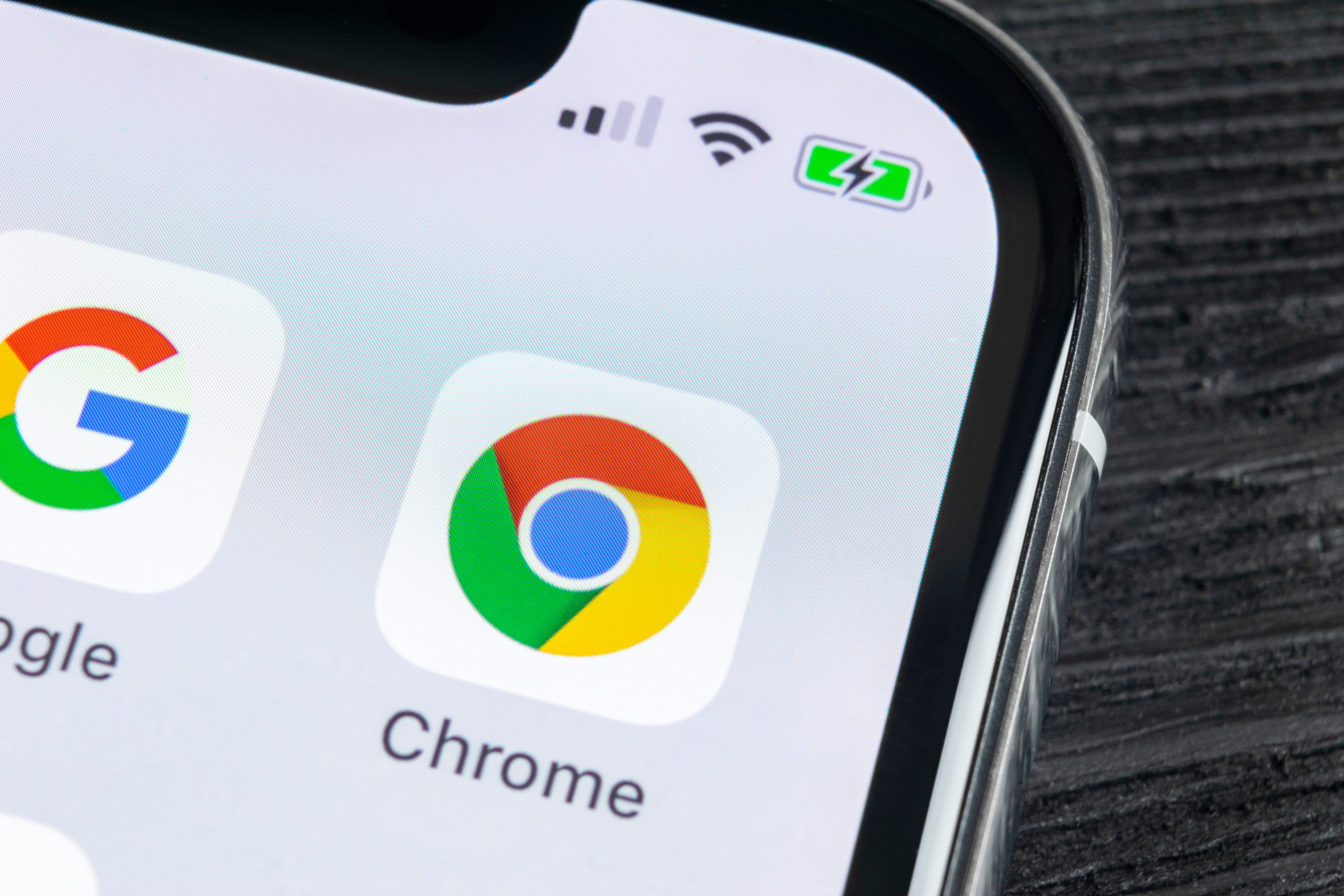Chrome is getting a handy upgrade on iOS and Android that will save you time
No more ending up on Instafram by mistake

Here at Tom’s Guide our expert editors are committed to bringing you the best news, reviews and guides to help you stay informed and ahead of the curve!
You are now subscribed
Your newsletter sign-up was successful
Want to add more newsletters?
Join the club
Get full access to premium articles, exclusive features and a growing list of member rewards.
Typing on a touchscreen isn’t the easiest thing in the world. Often that’s not an issue thanks to autocorrect, but URLs are a different story — turning up somewhere totally different to where you actually wanted to go.
Fortunately ,the Chrome mobile app will now be able to detect possible typos in the URL, and suggest alternatives. It’s a feature that was released to Chrome on desktop earlier this year, but could prove to be a lot more useful on your phone. The best part? It’s coming to Android and iOS.
This feature is part of a new accessibility push in Google products and services, which the company announced on Tuesday. The goal with Chrome is to offer help to people with dyslexia, are still learning a language or are just terrible at typing on phone screens like I am.
Obviously when you’re typing out a URL it really helps that you’re able to go where you need to be. After all, even a single mis-typed letter can have a massive impact on where you’re supposed to be going. Most of the time you’ll end up on a dead page or be redirected to wherever you were expecting to go — like the time I typed in “amazom” instead of amazon.
Then again you could end up on a site that is extremely not safe for work, or land on something that’s deliberately malicious. You just don’t know what you might come across, and measures by Chrome to make sure you wind up in the right place could easily be a great help for everyone.
More accessibility from Google
Maps is also set to get a bunch of extra accessibility features, least of which is the option to receive wheelchair-accessible walking routes — something that may also be useful for users with luggage or strollers. This is rolling out globally on Android and IOS now, but relies on Google having the appropriate data.
Maps will also be offering more wheelchair accessibility information on business and place pages, while Lens in Maps will offer screen reading capabilities to offer audible feedback of everything around you. This is rolling out to iOS now, but won’t be arriving on Android until later this year.
Get instant access to breaking news, the hottest reviews, great deals and helpful tips.
Customizable Assistant Routines are on the way too, as is better accessibility for the camera on Google Pixels. That includes a new Magnifier app, that utilizes the camera, and “Guided Frame”. This one uses audio, high contrast animation and haptic feedback to guide a phone into place and help people who are blind, or have low vision, to take great photos. This feature wicks with the front and rear cameras, and can recognize faces, documents, pets and food.
Magnifier is available on Google Play for Pixel 5 and newer, but not the Pixel Fold. Guided Frame is already on Pixel 8, and will be arriving on Pixel 6 and newer devices later this year.
More from Tom's Guide
- 32-inch iMac with mini LED display tipped to arrive in 2025 — and it’ll be expensive
- Samsung Galaxy S24 Ultra leak hints at major camera downgrade — it's a big mistake
- Forget iPhone 15 — the upgrade you really want is coming with iPhone 17

Tom is the Tom's Guide's UK Phones Editor, tackling the latest smartphone news and vocally expressing his opinions about upcoming features or changes. It's long way from his days as editor of Gizmodo UK, when pretty much everything was on the table. He’s usually found trying to squeeze another giant Lego set onto the shelf, draining very large cups of coffee, or complaining about how terrible his Smart TV is.
 Club Benefits
Club Benefits










